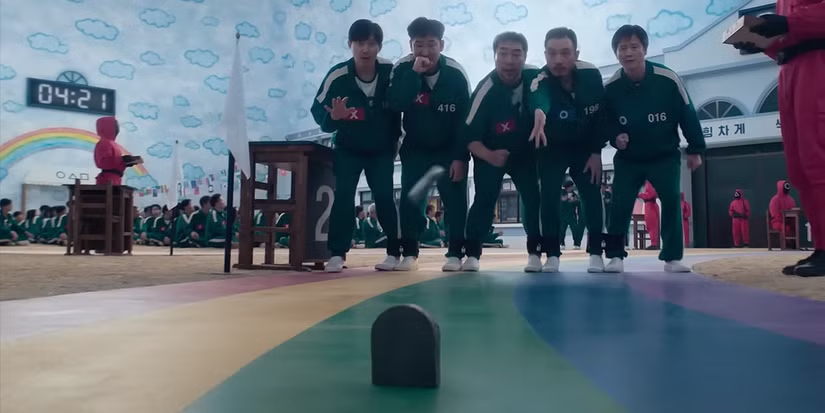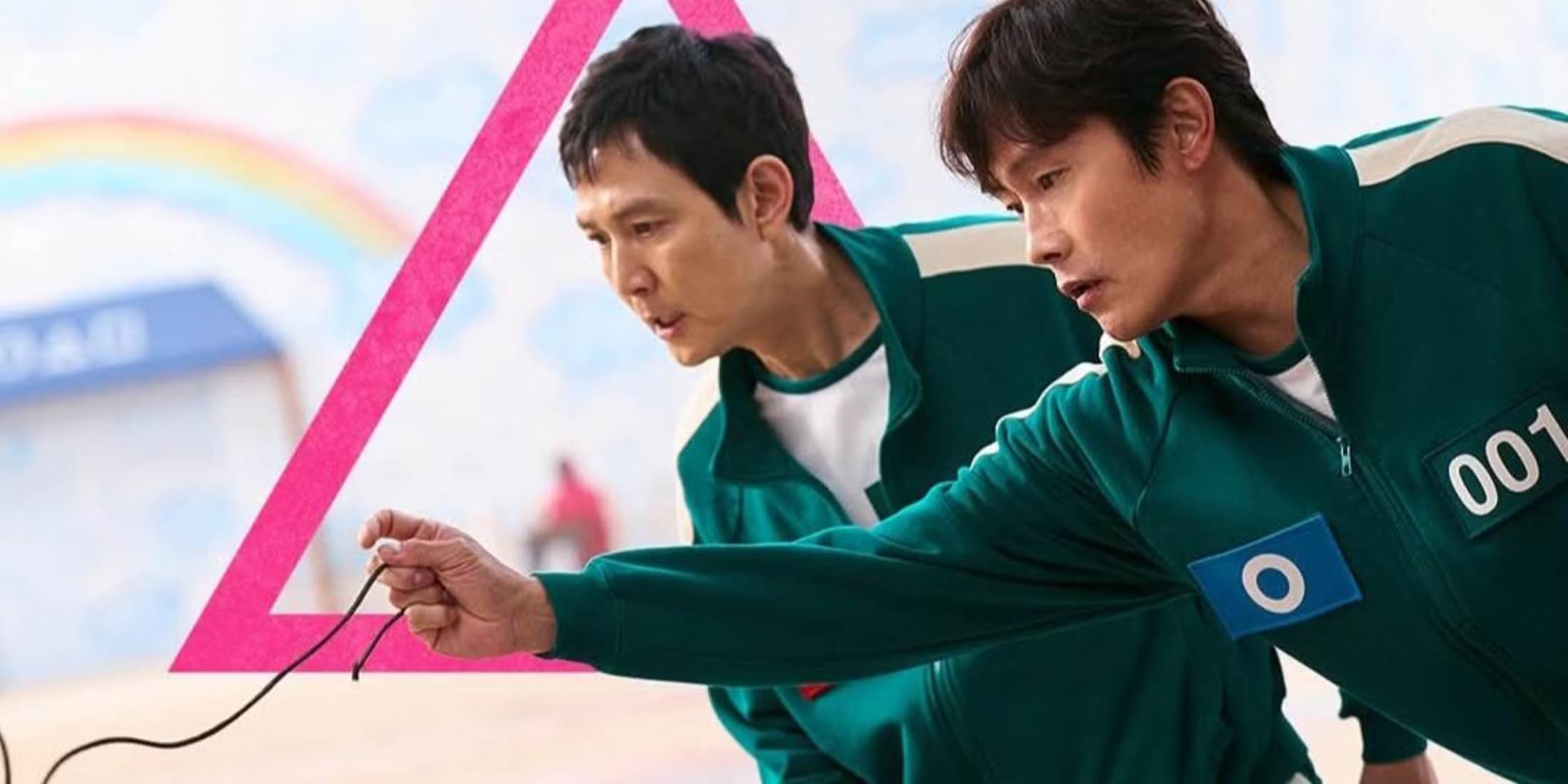The globally beloved drama Squid Game has painted the world neon pink, and South Korea’s Asian neighbor is no exception. Beyond its unique storyline, themes of friendship, family, and hope, catchy phrases, and music, there is something even deeper that connects this drama to its Indian audience. We explore the similarities between the childhood games played in the series between the two countries!

With the growing popularity of K-dramas in India, Squid Game has carved out a special place in the hearts of Indian audiences. Whether someone is a long-time K-drama or K-pop fan or new to the genre, anyone with an interest in thrillers is likely to have watched — or at least been drawn to — this series.
It’s no surprise that, unlike Western content, Indian audiences find dramas from South Korea and other Asian countries more relatable due to the cultural similarities we share.
If you're an Indian viewer, your face likely lit up while watching the players compete in the marble game during Season 1. But Season 2 took it up a notch, bringing even more games that perfectly hit that nostalgic sweet spot.
In the 4th episode, the game Flying Stone, also known as Biseokchigi in South Korea, features as part of a team task. This game is similar to Sitolia or Lagori, traditionally played in India with seven stones stacked on top of each other.
Later in the team task, viewers are introduced to the "Five Stone" game, or Gonggi, played with five stones. Many Indian viewers can recognize it as a similar game played across various regions of India. While the game has many names across different regions, it is commonly referred to as Pancha, Pacheta or Gutti
Finally, the "Spinning Tops" game may seem like a popular pastime worldwide, but the versions played in South Korea and India are virtually identical. In India, the Spinning Top, or Lattu, has been played for generations.
Seeing their favorite players play games they fondly remember from childhood helped viewers form a deep and memorable connection to the show.
Some of the most popular names in the Indian entertainment space contributed to the hype surrounding Squid Game. Popular YouTubers like Only Desi and NOT YOUR TYPE created parody videos of the series, while globally viral artist Humankind created a music video called “The Game Don’t Stop” around the theme of the show.
Many other artists and creators like Munawar Faruqui, Urooj Ashfaq, Prashasti Singh, Abhyudaya, and Gautami from Slayy Point and many more were a part of its promotional content. Not to forget, one of the actors from the show, Wi Ha Joon (The Midnight Romance in Hagwon 2024), even played a game of Kanche for Netflix India.
Although Netflix has played a significant role in contributing to Squid Game’s popularity through brand and influencer collaborations in India, the show's deeper cultural connections strengthened its emotional appeal and relatability among a diverse audience.
It is always interesting to observe how two cultures and people from different countries come together to celebrate a piece of fiction. The content in question may or may not be the common ground or the real spark behind that interest, but in the process, we realize that the definitions of connections and nostalgia remain the same, and language and borders are mere barriers waiting to be crossed.
Which part of the show did you resonate with the most? Comment below!











Comments